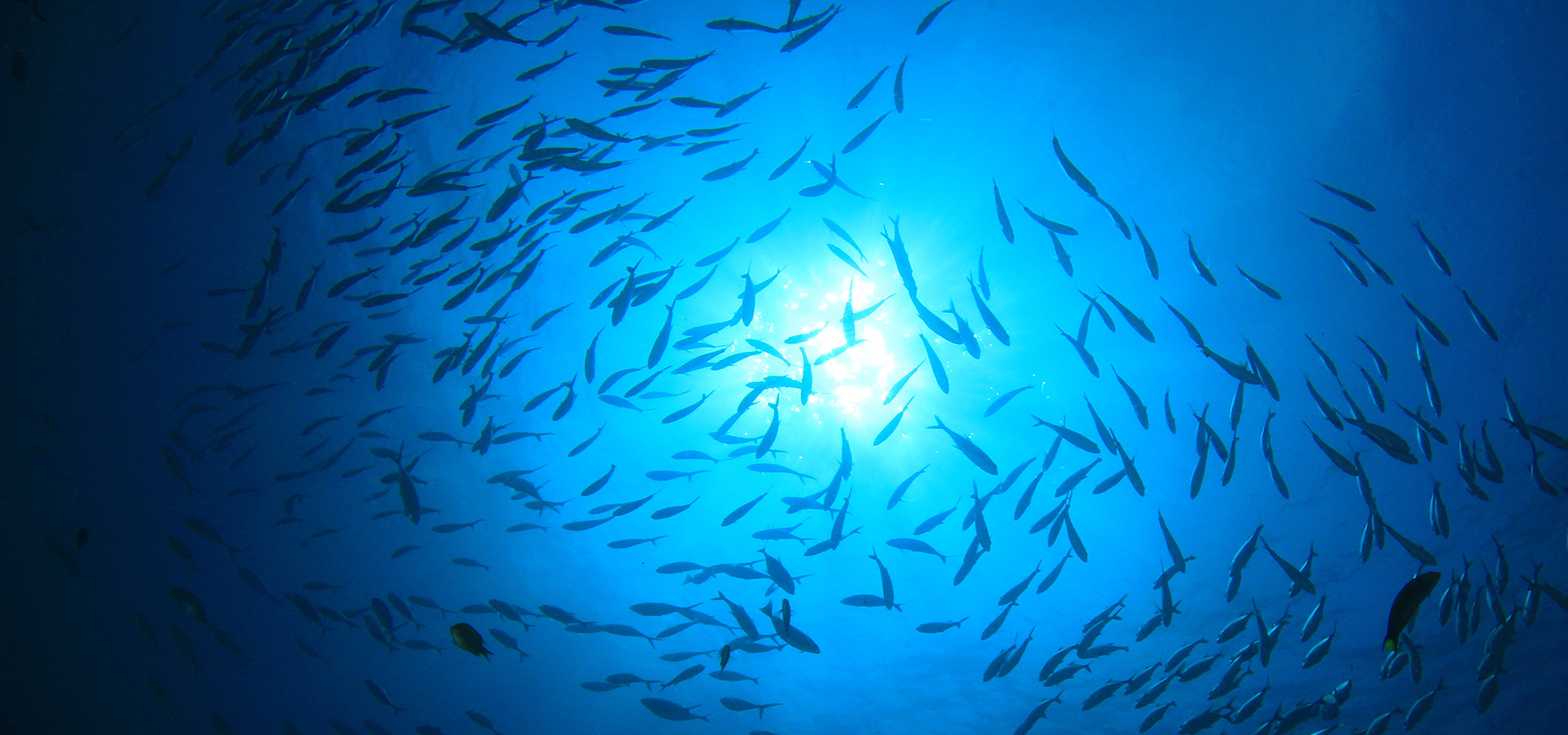What is G16?
The G16 is a group of like-minded coastal states of the Indian Ocean, who share a common objective of sustainable utilisation of Indian Ocean tuna and tuna-like resources for the benefit of all coastal states.
In doing so, the G16; immediate objective is to engage in constructive dialogue on issues of common interest with the other members of the Indian Ocean Tuna Commission (IOTC); on developing joint-proposals or aligning views of importance for sustainable management of the shared fishery resources.
More formally ,the primary goal of the G16 is to work cooperatively to build support and capacity of coastal states and to strengthen regional solidarity ,so that its participants can have their interests and aspirations effectively incorporated into the management of tuna and tuna-like species in the Indian Ocean.
In doing so, the G16 will actively seek to:
- Develop joint proposals and consider other proposals for IOTC’s Conservation and Management Measures (CMMs);
- Build capacity at the national and regional level to manage and develop fisheries for tuna and tuna-like species in the IOTC Area of Competence;
- Uphold the sovereign rights of coastal states, for the purpose of exploring and exploiting, conserving and managing the living marine resources, including highly migratory species, within its Exclusive Economic Zone or fishing zone which may extend 200 nautical miles from the baseline from which the breadth of its territorial sea is measured;
- Share information throughout the region to inform fisheries management;
- Achieve substantial increases in the benefits accrued from tuna and tuna-like fisheries resources; and
- Assist in guiding the development and operation of the IOTC through direct, coordinated, and effective engagement.
The G16 aspires to evolve into a more formal entity at an appropriate time in the future and to be able to develop programmes to build technical capacity or improve data capture and reporting for effective engagement in the IOTC process for managing the IOTC species.

